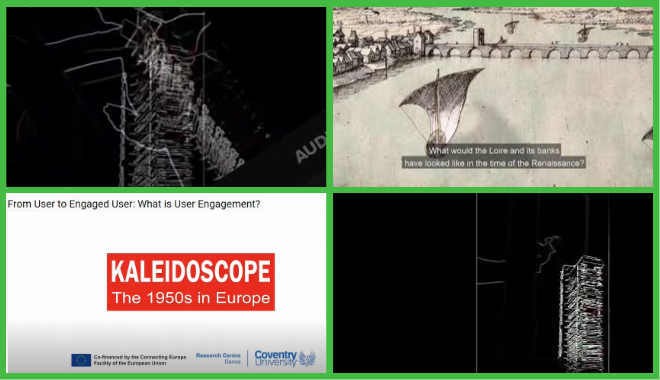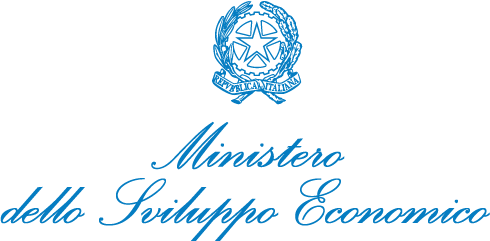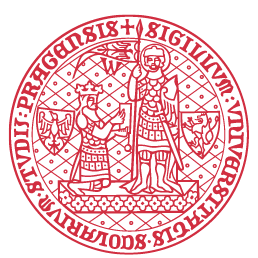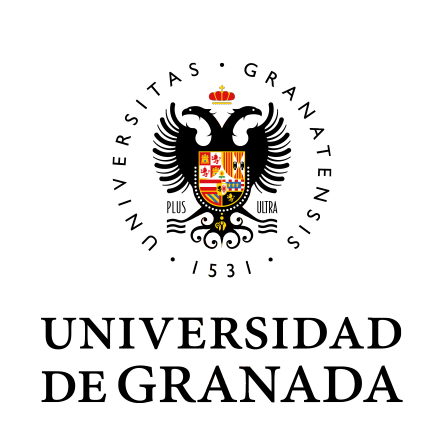· analysing the contributions of multicultural and diversity initiatives in terms of cultural creativity and innovation through cultural transfer and mixing, and understanding what policies and practices could promote positive intercultural relations; collaborative artistic ventures to include members of diasporic and migrant communities.
· methodological approaches (especially ethnographic) that give attention to affect and emotion in relation to heritage; social psychological and sociological approaches/methods in understanding experience – the role of personal characteristics (personality, social status, cultural background) in order to maximize the experience of visitors/users according to preferences and needs;
· democratising cultural processes, re-consideration of power structures to allow participation of new groups and the wider public, formulating non-exclusionary notions of heritage that do not rely on boundary-forming processes; innovative research on the dynamics of identity-building and groupsmembership, creativity, adaptation (intra-group and intergroup dynamics); facilitating the creation of compatible groups of visitors/participants/stakeholders who are not only passive receivers of information but rather co-create experiences and contemporary culture;
· re-vitalisation of various forms of living, dynamic CH – the everyday understanding and practices of heritage – individuals and local groups busy with vernacular and amateur conservation (the built environment or artefacts), intangible CH practices and traditions – marginalised groups such as particular groups of migrants or newer generations of these; transgender heritage;
· addressing constituencies such as those who support the growing populism in Europe, and understanding how heritage ideas and practices articulate with political positions and may play acentral role in how such groups formulate xenophobic positions.












